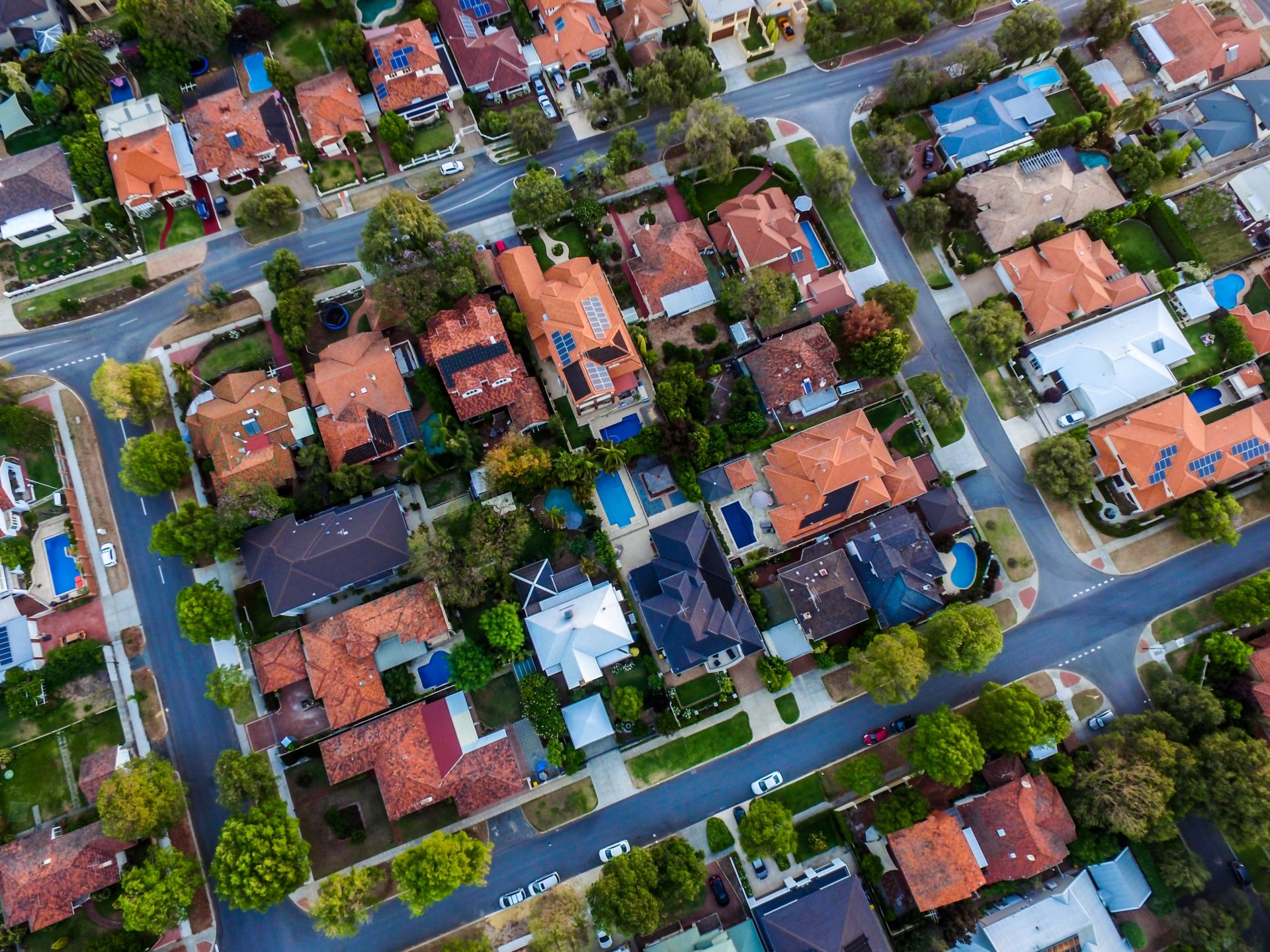This article was written by Mickiyah Pope, an intern at Family Promise.
—
Through the legacy of racial discrimination, people of color have been denied wealth-building opportunities given to white Americans. Owning a home was, and still is, a primary way to build wealth in the United States. Unfortunately, Black Americans have struggled to attain that dream.
Historically, Black people have had few housing options compared to their white counterparts. That theme persists today. According to the U.S. Department of Housing and Urban Development (HUD)’s fair housing test, “28 metropolitan areas across the country found that Black homebuyers were shown 17.7% fewer homes than white homebuyers with the same qualifications and preferences.” On top of that, majority-white neighborhoods receive nearly three times as much public and private investment as majority-Black neighborhoods, according to the Urban Institute.
American policies and practices have dramatically affected and exacerbated racial inequities. For example, The Housing Act of 1949, despite including provisions that provided public housing, was dominated by urban redevelopment plans that ended up clearing away affordable housing. All without adequately replacing or expanding it.
Another issue that drives racial disparities is redlining, an illegal, discriminatory practice that denies loans to a particular community. While the federal government is not actively promoting racially segregated housing through redlining, redlining is a practice that thrives and prevents Black homeowners from getting home loans. Because of practices and policies like this, Black people are often forced into housing instability, thus making the idea of “equal opportunity” a pipe dream.
To this day, race is a significant factor in predicting one’s likelihood of experiencing housing insecurity. In fact, of those experiencing homelessness, 53% of families with children are Black, although 12% of the U.S. population is Black, according to AHAR. These intergenerational impacts explain the racial disparities we see today in wealth, income, and educational outcomes for Black Americans.
Centuries of housing and land use policies denied Black households access to homeownership, education, credit, and neighborhood opportunities offered to white households. The consequences of this are reflected in disproportionate poverty and unemployment rates for people of color nationwide. An anti-discrimination policy is needed to address racial disparities. Ultimately, we cannot solve homelessness without acknowledging racial disparities in housing. Once we do, we can develop innovative ways to make housing affordable and accessible to all.

